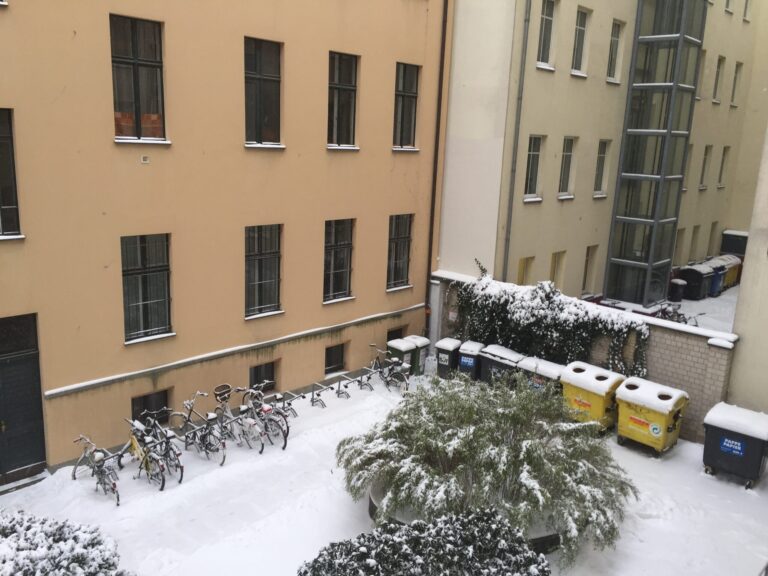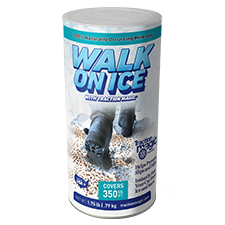Safest Ice Melt To Use Around Your Plant And Machinery

Heavy snow, excessive ice melt chloride, and icy surfaces are part of every winter season for most commercial properties. In our effort to keep our property safe, we often resort to quick methods and anticipate long-term results. However, in reality, you have to create a system to deal with winter ice problems to keep your property safe.
Salt, also known as sodium chloride or rock salt, is one of the most commonly used products to deice commercial properties, business premises, parking lots, and roads. While it may be slightly less expensive than other products, the long-term repercussions are high.

A Few Drawbacks Of Salt-
- It leaves a whitish residue on the surface after drying up.
- It is not a concrete-safe ice melt as it does not melt ice but converts it to brine or slush that needs to be shoveled later.
- If salt seeps into any crevices or corners, it will lead to moisture formation that, unfortunately, makes mold thrive.
- It gets stuck in your shoes and can be tracked all over the inside of your building.
How Can We Protect Concrete Of Commercial Property From Salt Damage?
- Use A Protective Coating
Many commercial properties use an acrylic protective coating on their concrete surfaces to protect them from salt damage. It forms a thin layer on your concrete, post which you can use an eco-friendly industrial-strength ice melt, such as Safe Thaw, to reduce further damage from salt in case you use it.
- Use A Water-Repellent Sealer
A silicone water repellent or a silane siloxane water repellent acts as a barrier between the ice and the concrete surface, thus steering the water away rather than forming ice. You may then apply a concrete-safe ice melt comprising modified carbonyl diamide crystals that will increase traction on the surface and keep your customers and employees safe.
- Routine Cleaning
It is vital to clear the surface off of any salt residue as soon as possible. The longer the salt stays on the surface after applying, the more it will damage the concrete. As a result, it will not only increase your overhead costs but create a slight dent in your budget.
- Employ Seasonal Professionals
You may try employing the services of seasoned professionals who understand how to keep commercial properties safe from salt damage. Even if they use an ice melt chloride, they know the application procedure and ensure optimal utilization in limited quantities.
- Use Concrete-Safe Ice Melt
Alternatively, you may use an excellent concrete-safe ice melt, such as Safe Thaw that is 100% chloride and salt-free. It not only protects your surface from salt damage but increases the lifespan of your commercial property.
100% salt & chloride-free, fast acting Ice Management Solution
Conclusion
We advise all commercial properties to reduce the damage from salt or any other ice melt chlorides by employing the methods mentioned above. It is also safe to say that using an eco-friendly product such as Safe Thaw drastically reduces salt application, thus laying all your concrete damage doubts to rest.
Try Also Our Other Winter Safety Products:
Safe Paw
The Original and #1 Selling Pet and Child Safe Ice Melt for over 20 years. Guaranteed environmentally safe –It won’t harm animals or children, and it won’t damage your property. That’s Safe Paw. Safe Paw can change how winter affects our planet.

Walk On Ice
Prevent slips at home, work or on the go, The handy disposable canister can be taken everywhere, with the same 100% naturally occurring minerals that provide instant traction on ice or snow. Use it on sidewalks, steps, or as an instant traction agent for your car.


